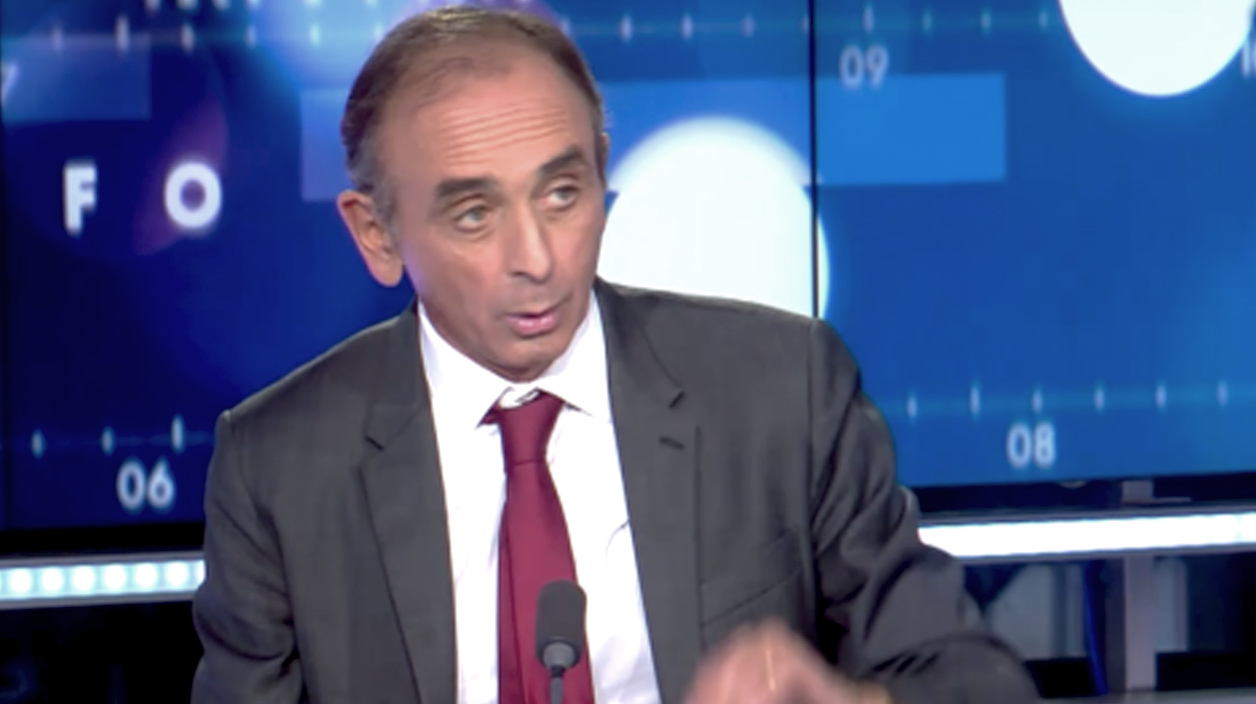>> India Supreme Court reopens case on decriminalising gay sex
[spacer]
Après l’avoir dépénalisée en juillet 2009, puis choisit de la rétablir fin 2013, jugeant que « la responsabilité de changer la législation incombait au Parlement et non à la justice », la plus haute juridiction indienne a accepté ce mardi 2 février de « réétudier la loi qui fait de l’homosexualité un crime », a déclaré devant le tribunal Anand Grover, l’avocat de Alternative Law Forum, un groupe de défense des droits des LGBT.
« Et c’est assurément un pas dans la bonne direction même si nous sommes encore loin du but », ont également confié des militants, qui espèrent pouvoir obtenir l’abrogation de cet article datant de « l’ère coloniale » et permet l’incarcération des homosexuels.
Il s’agit du dernier recours légal. Le gouvernement pourrait lever cette interdiction mais refuse tout changement, craignant de s’aliéner la multitude de groupes religieux qui structurent la société indienne.
« Nous pensons que c’est un sujet important qui doit être étudié en formation constitutionnelle », a estimé T. S. Thakur, le premier président de la Cour suprême qui a annoncé la formation de cinq juges pour étudier la question.
Même si la loi est plus souvent utilisée par la police comme un outil de chantage, les Nations unies estiment qu’une dépénalisation contribuerait largement à lutter contre la propagation du VIH, qui touche plusieurs millions d’Indiens.
En décembre dernier, Shashi Tharoor, un député du parti du Congrès, le principal d’opposition, et diplomate de haut rang à l’ONU, avait déjà proposé une modification du Code pénal. Mais la chambre basse du Parlement, où le parti nationaliste de droite du premier ministre Narendra Modi, le BJP, détient la majorité des sièges, a rejeté le projet par 71 voix contre 24, plusieurs députés s’étant abstenus.
Valentine Monceau
stophomophobie.org
>> India’s Supreme Court has agreed to revisit a previous judgement that upheld a law criminalising gay sex.
Three senior judges said the 2013 ruling would be re-examined by a larger bench of judges, in a move that has been welcomed by activists.
The judges said that the issue was a « matter of constitutional importance ».
According to Section 377 of the Indian Penal Code (IPC), a 155-year-old colonial-era law, a same-sex relationship is an « unnatural offence ».
In deeply conservative India, homosexuality is a taboo and many people still regard same-sex relationships as illegitimate.
There has been a very vocal campaign to decriminalise homosexuality in India.
On Tuesday, the court heard a « curative petition » – meant to « cure » an earlier court order perceived as a « miscarriage of justice ».
The court said the five-judge bench would be headed by the chief justice of India.
No date has been announced for the next hearing into the matter.
Members of the LGBT community, standing outside the court, broke into cheers and impromptu celebrations when the decision was announced, the BBC’s Soutik Biswas said.
Activists say police and authorities often misuse the law to harass homosexuals. Under this law, a same-sex relationship is punishable by a 10-year jail term.
In its 2009 ruling, the Delhi High Court had described Section 377 as discriminatory and said gay sex between consenting adults should not be treated as a crime.
The ruling was widely and visibly welcomed by India’s gay community, which said the judgement would help protect them from harassment and persecution.
However, several political, social and religious groups petitioned the Supreme Court to have the law reinstated, and in 2013 the top court upheld the law, saying it was up to parliament to legislate on Section 377.
However, an Indian MP’s bid to introduce a private member’s bill in the parliament to decriminalise gay sex failed.
Shashi Tharoor who also started a petition on Change.org over the issue, which has more than 40,000 signatories, said « it is time to bring the Indian Penal Code into the 21st Century ».

















